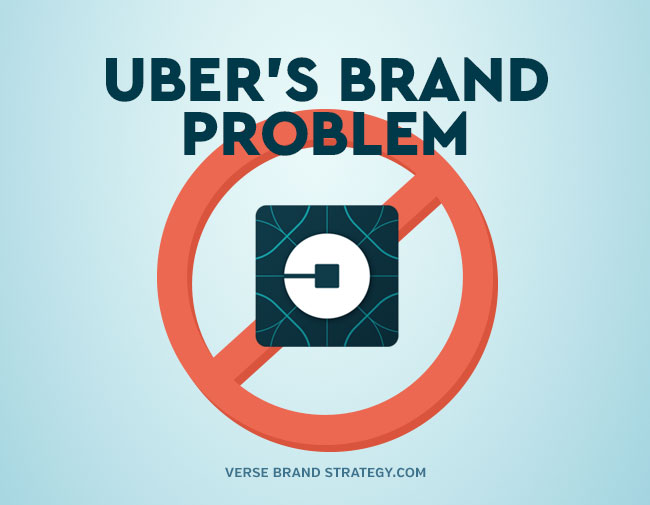The technology industry has a culture problem, and Uber happens to be the mascot.
On February 19th, 2017, Susan J. Fowler wrote about her detailed experience working at Uber. Her story outlines multiple incidents of gender bias and her struggles working as a female in a male-dominated company. In case you haven’t read the post, it’s here.
Shortly after, other women’s stories surfaced about their negative experiences working at Uber.
As a woman often interacting with men in the business and the tech industry, Susan’s story is no surprise. I’ve had my fair share of incidents. However, this post isn’t about the gender issue.
This post is about Uber, and their branding problem.
I’m not talking about the infamous app icon rebranding that a lot of critics loved to hate. Or their website. Or their app design. I’m talking about their values as a collective organization.
Most founders are always looking for growth potential starting out. Testing their concept is a good path to being profitable. So, their focus is on product development, sales, and marketing.
However, startups should have their brand’s foundation documented before other initiatives. This doesn’t happen right away in reality. It happens when companies realize they lack, or have problems with, their culture or overall brand perception. Like, Uber.
Businesses are run by people. All people are emotionally driven and have biases based on our history of experience. These emotional biases (aka Cognitive Bias) drive our daily decisions.
Most executives and startup founders make emotionally driven business decisions. It’s unavoidable, because it’s simply human nature.
Unfortunately for Uber, their brand values are perceived as the following:
- Uber executives are smarter than their drivers.
- Men are the most competent gender in the workplace.
- Question everything that hurts the ego.
- Justify your decisions, even at the risk of losing your brand equity.
I’m guessing that this isn’t how they originally visualized their core values when they founded the company. Unfortunately, that’s how people perceive their brand now.
In fact, Uber has lost over 200K users because of their loss of brand equity after a #deleteUber campaign went viral.
If you don’t define your company core and integrate those values into your business functions and processes, other people will define, and act, on behalf of that belief system for you. In Uber’s case, this sped up their already continued loss of revenue.
In other words: if you don’t define your brand, someone else will do it for you.
Now it’s your turn: How have you seen poor or great brand values shape culture?
—————
I would love to hear from you! Please feel free to leave your thoughts, comments, and feedback in the comments below.
~ Christine
